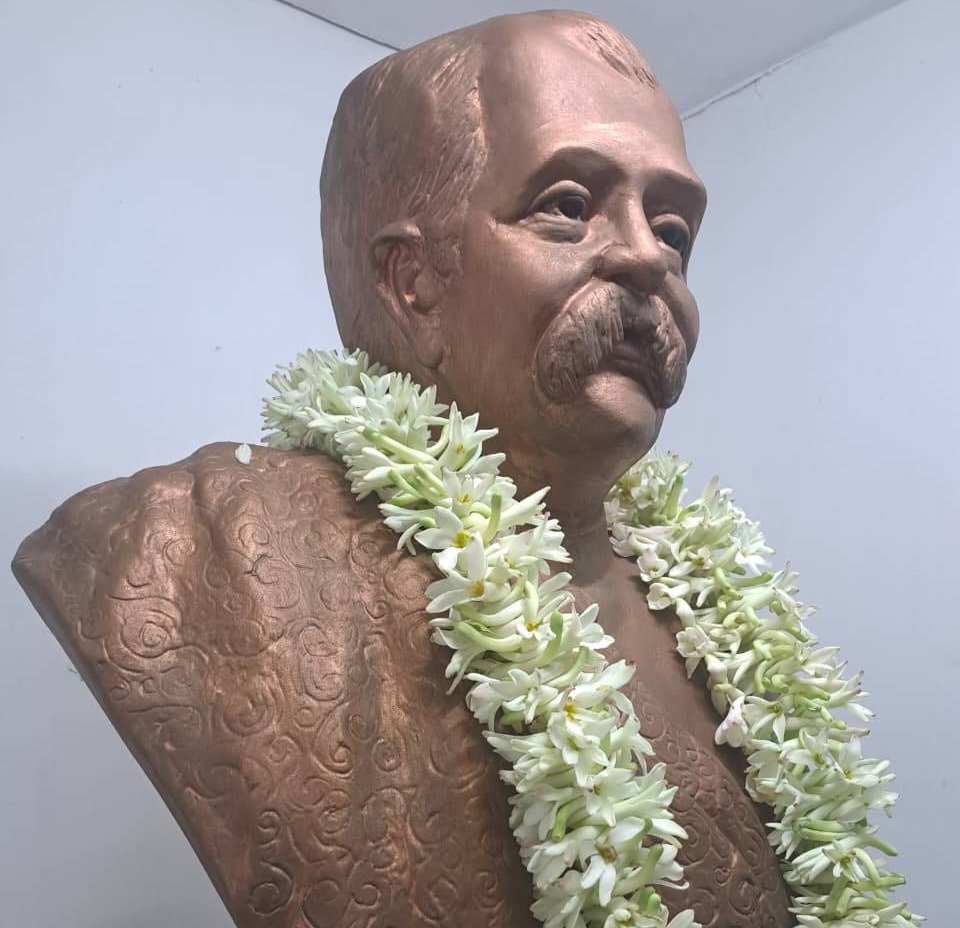Teachers Profile
About
Best Practices
The Department of Economics, Maharaja Manindra Chandra College, adopts a range of best practices to ensure academic excellence, holistic development of students, and meaningful community engagement. Student-centric teaching methodologies such as interactive lectures, ICT-enabled classes, seminars, and group discussions are regularly employed to promote critical thinking, analytical ability, and participatory learning. Research orientation is fostered through project work, paper presentations, interdisciplinary seminars, workshops, and webinars, where students are encouraged to engage with contemporary economic issues beyond the curriculum.
Faculty members are committed to continuous professional development by undertaking research, publishing in reputed journals, and participating in academic programs and training. In addition to regular teaching responsibilities, they actively attend refresher and orientation courses and present research papers or deliver talks at various state-level, national, and international seminars and conferences. To strengthen academic culture, the department organizes special lectures by eminent scholars, interdisciplinary activities, and collaborative programs with other institutions.
Equal emphasis is placed on value-based education through mentoring, career counseling, and extension activities, enabling students to become socially responsible citizens. Beyond regular academic engagement, students are encouraged to participate in intercollegiate academic and co-curricular activities, which help in nurturing leadership, teamwork, and confidence. By combining academic rigor with social outreach, the department strives to nurture competent graduates who can contribute meaningfully to both academia and society.
Teaching Learning
Capacity Building
The Department of Economics, Maharaja Manindra Chandra College, emphasizes continuous capacity building of both students and faculty to foster academic excellence and holistic development. Regular tutorials and practical classes are conducted to strengthen conceptual clarity and application-oriented learning. The department also organizes seminars, workshops, student paper presentations, and project work to develop research aptitude and critical thinking. ICT-enabled teaching, remedial classes, and interactive learning strategies are adopted to enhance subject knowledge and skill development. Through mentoring, soft-skill training, and exposure to interdisciplinary areas, the department ensures that students are well-prepared for higher education, competitive examinations, and diverse career opportunities.
In terms of faculty capacity building, members of the department are consistently engaged in self-uplift through pursuing Ph.D. programmes, attending orientation and refresher courses, and participating in faculty development programmes. They contribute to academic knowledge by publishing articles and research papers in reputed national and international journals and edited volumes, including those published by eminent publishing houses such as Economic and Political Weekly (EPW), Emerald, and Sage. Some faculty members also serve as Ph.D. guides and co-guides under the University of Calcutta and other universities, thereby contributing to advanced research supervision and academic mentoring. This active research involvement not only enhances their own academic growth but also enriches classroom teaching, ensuring that students are exposed to contemporary debates and emerging perspectives in the discipline.








